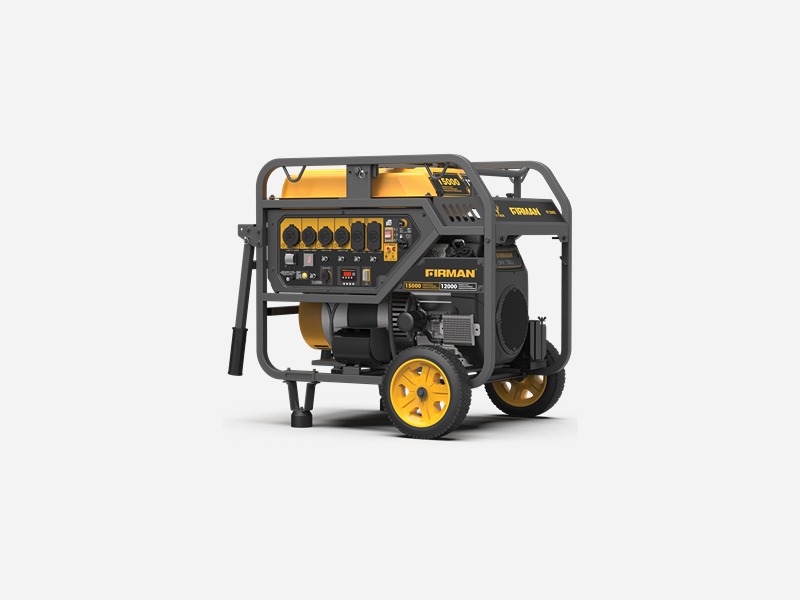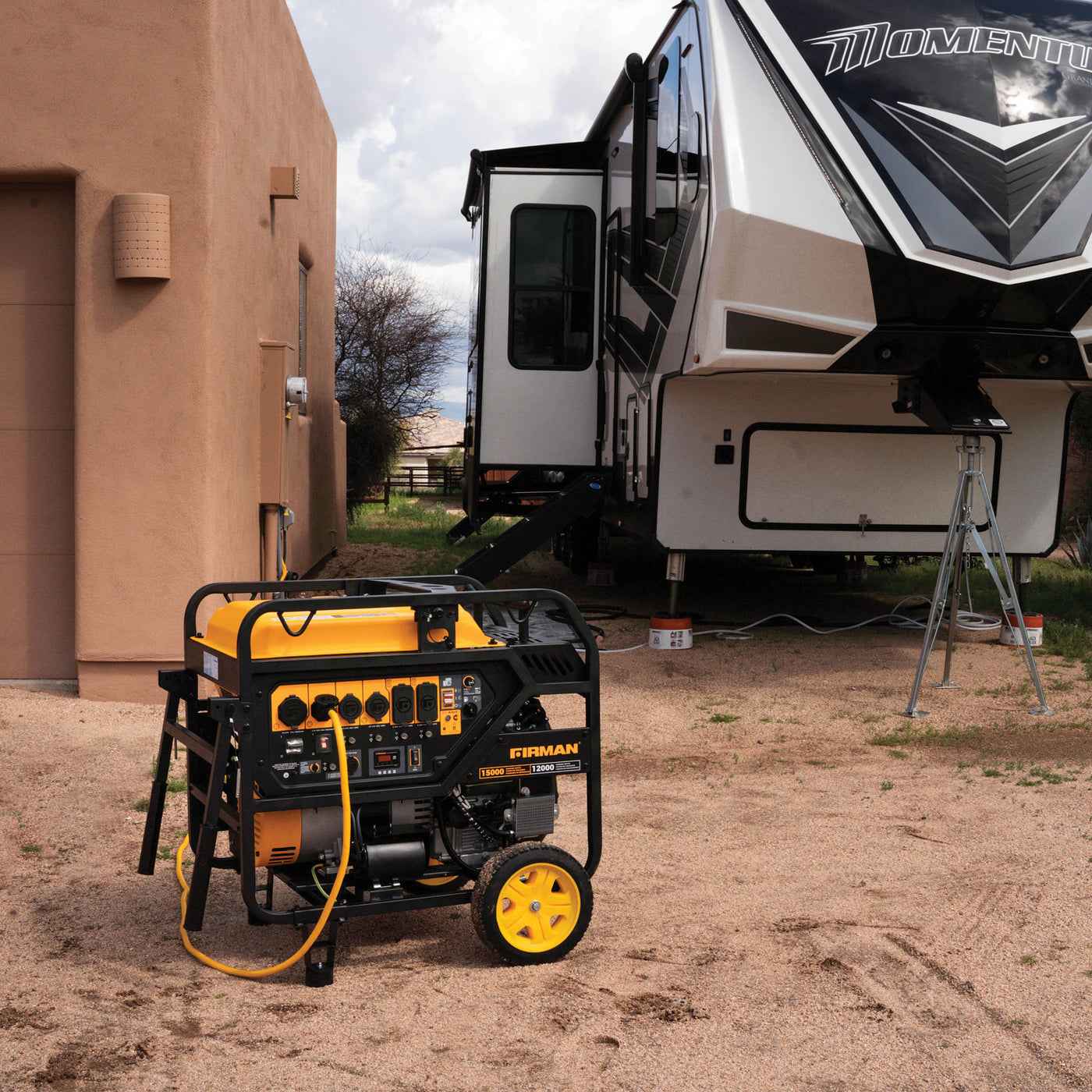Did you know that nearly 70% of American households experience power outages each year? That’s a staggering number, and it highlights the importance of having reliable backup solutions like portable home generators. But beyond their practicality, these devices also navigate a complex web of legal regulations that ensure safety and compliance.
The Basics of Portable Home Generators and Their Legal Attributes

Portable home generators are not just handy tools for keeping the lights on during an outage; they come with specific legal attributes designed to protect users. These regulations often cover aspects such as emissions standards, noise levels, and safety features. Interestingly enough, when we consider Human Rights Law, there’s an underlying principle here: access to energy is increasingly seen as a fundamental right. This means that ensuring safe and compliant use of portable generators aligns with broader human rights objectives.
Agricultural Machinery Manufacturers and Human Rights Law
agricultural machinery manufacturers play a crucial role in this conversation about Human Rights Law. Many companies producing portable home generators also manufacture equipment used in agriculture—an industry heavily reliant on consistent power supply for irrigation systems or refrigeration units for perishables. Compliance with human rights principles ensures these manufacturers prioritize worker safety, environmental sustainability, and equitable access to technology in rural areas where electricity may be scarce.
Diving into Agma-Toyar’s Role within Human Rights Law
Now let’s talk about Agma-Toyar—a notable player in the agricultural machinery sector known for its commitment to ethical practices under Human Rights Law. They focus on creating products that not only meet regulatory requirements but also promote social responsibility by supporting local communities through job creation and sustainable practices. By adhering to these laws while manufacturing portable home generators, Agma-Toyar exemplifies how businesses can contribute positively to society while still thriving economically.
Conclusion: The Intersection of Portable Home Generators and Human Rights
In summary, portable home generators are more than just convenient appliances; they embody important legal considerations tied closely to human rights principles. As we continue navigating our reliance on electricity—especially during unpredictable weather events—it becomes clear that ensuring safe usage through regulation is essential not only for individual well-being but also for upholding our collective rights as citizens seeking stability in our lives.

